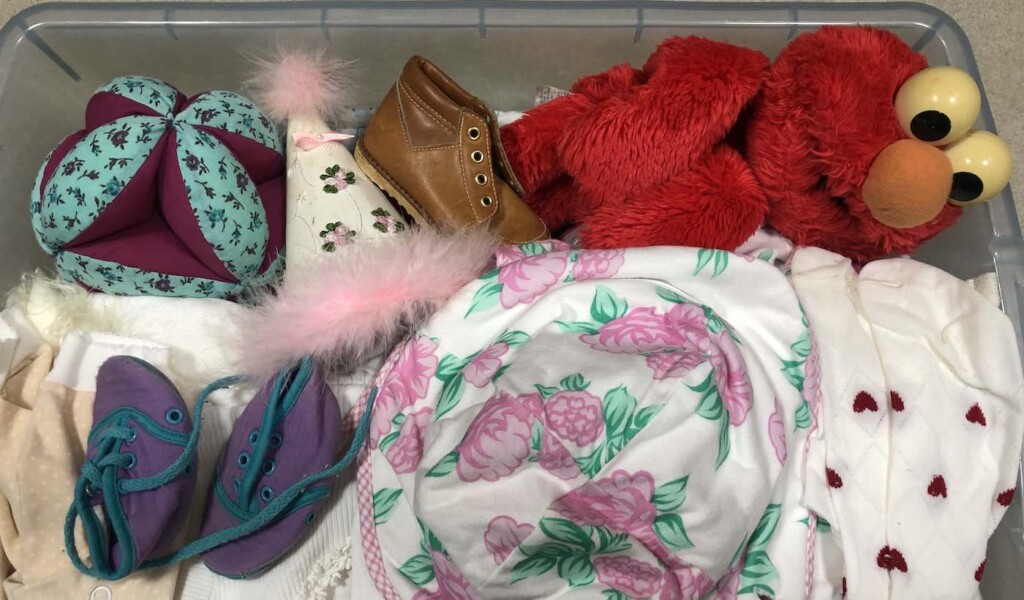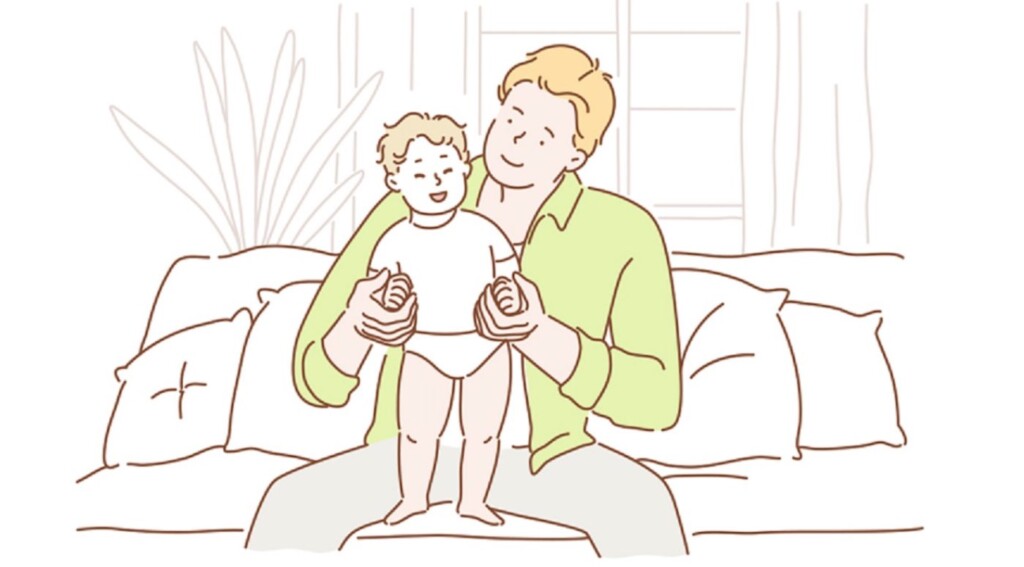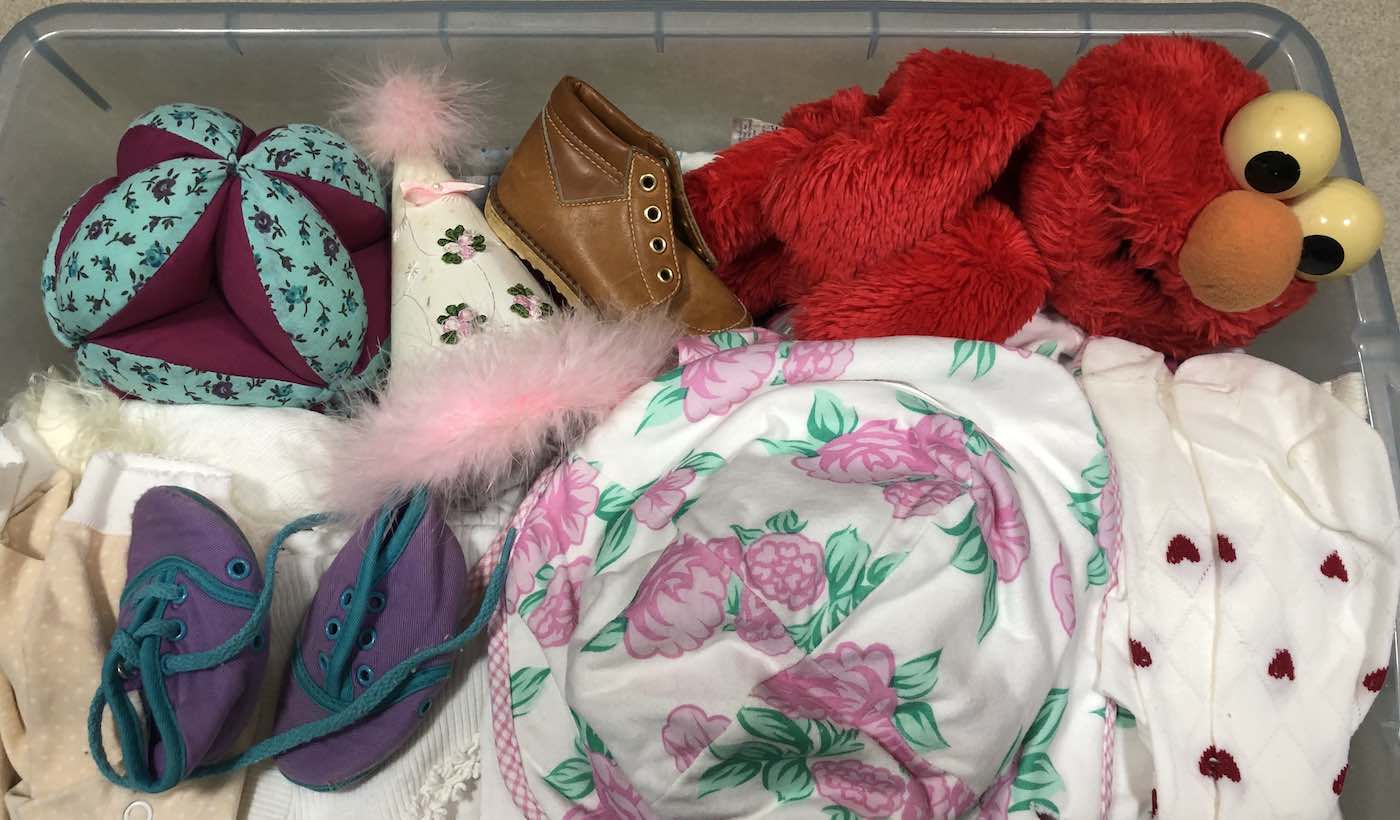
A survey of 2,000 parents looked at how they hold onto their child’s younger years, with three in four saying their child is growing up way too fast.
Most of them believe they’ve became a more sentimental person since becoming a parent—and their answers confirmed it.
The child’s age that parents missed the most, on average, was two years old, and most of those surveyed said they would go to great lengths to get that time back.
“They change so much and so fast,” said one respondent. “I really miss them being a child.”
Since they can’t go back, the survey conducted by OnePoll for baby-products company Stokke found that 84% have kept something related to an important childhood milestone.
The average parent in the random double-opt-in poll said they were holding on to nine things from their child’s earliest years, with one in seven saying they’ll hold onto at least 20 different items.
Some are common keepsakes like their baby’s clothes (51%), a copy of their footprint or handprint (50%) and their pregnancy test or ultrasound images (48%).
Others have kept a memento that belonged to their baby like a lock of their hair (35%) or a fallen tooth (28%).
When asked why parents are sentimental about items from their child’s early years, one mom simply said, “The socks are so tiny and cute!”
FOR PET PARENTS: Do You Know Your Pet’s Love Language? Survey Shows Which are the Most Popular

Another said, “It just reminds me of a happy time.”
Parents save things primarily for memories, but 37% also hope to be passing them down to those kids when they’re older.
Although they feel sentimental, parents are also keen on keeping their home clutter-free, so most have given away certain items to other families, especially when kids outgrow things so fast.
ALSO: Survey Says These Are the Best Things About Raising a Child – #1 are the Cuddles
To be resourceful and look for value, the same percentage (82%) would accept used items from other parents.
But wistfully hearkening back to the past happens not only when the child turns 18, but for all time.
“He was growing and would no longer be my little baby, (but) only in age would he not be my baby forever.”




















